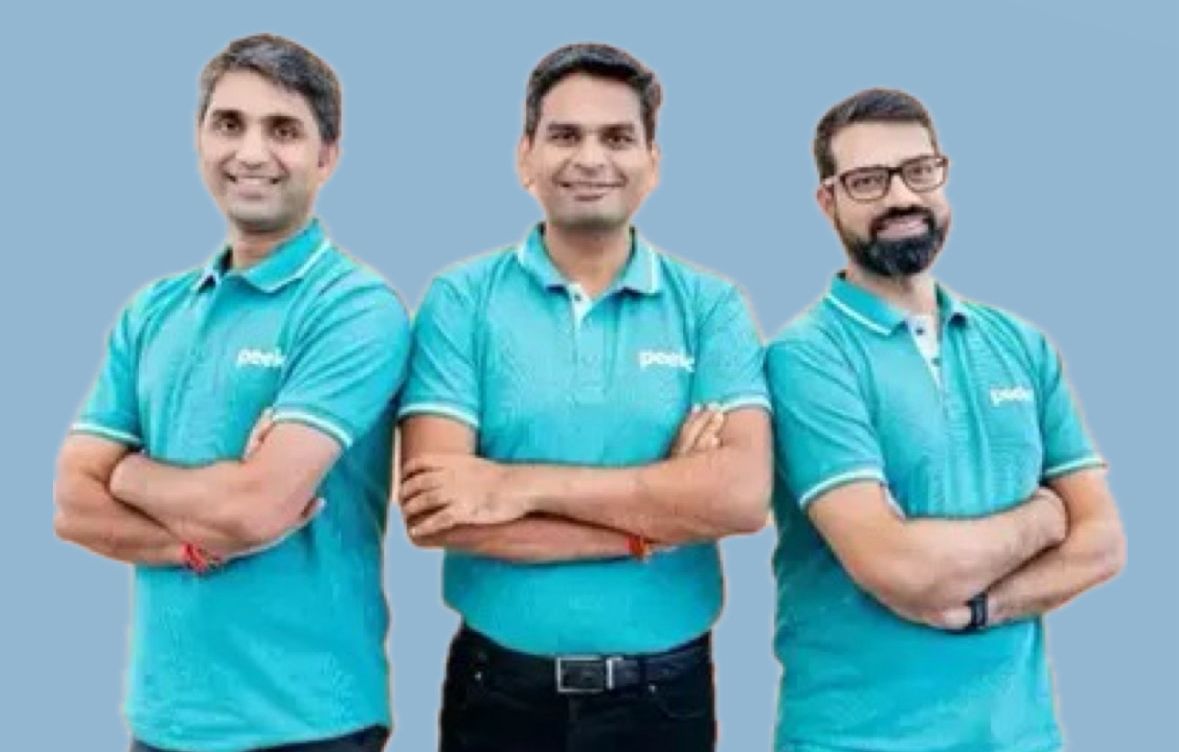In the bustling co-working spaces of Bengaluru and the quiet home offices of Lucknow, a quiet revolution is brewing. India’s IT engineers, long known as the backbone of global tech outsourcing, are increasingly looking inward, turning entrepreneurial with surprisingly modest budgets.
At a time when layoffs and automation unsettle traditional jobs, many engineers are finding opportunity in precisely the skills they already possess: coding, problem-solving, and understanding how businesses can be made more efficient with technology.
But what can you really do as an IT engineer, if you have a modest savings account and a big appetite for building something of your own?
Here are some inspiring, realistic startup paths that engineers are already exploring across India, all of which require more ingenuity than capital, and none of which demand an MBA.
Building for the Small and Local
One of the most accessible opportunities is helping India’s 6.3 crore micro, small, and medium enterprises (MSMEs) digitize. These businesses want to modernize but can’t afford pricey consultants or custom software.
Take no-code and low-code automation, for example. Engineers are setting up small agencies that help SMEs automate workflows using tools like Zapier, Notion, or Airtable,creating automated invoicing, customer follow-up systems, or sales dashboards without writing a single line of code.
Similarly, some are carving out niches in data analytics and visualization, cleaning up a business’s messy spreadsheets and transforming them into actionable insights through easy-to-use dashboards.
These services often require nothing more than a laptop, a few software subscriptions, and the ability to explain tech in plain English, all of which most engineers already have.
Micro-SaaS: Small Products, Big Impact
Another trend gathering steam is the rise of “micro-SaaS”, tiny, focused software-as-a-service products that serve very specific needs.
For example, a young duo in Pune built a cloud-based attendance tracker exclusively for coaching centers. In Kolkata, a freelancer-turned-founder launched a WhatsApp-based CRM for neighborhood retailers.
With cloud hosting costs at record lows and coding skills in their toolkit, engineers can now ship a minimum viable product (MVP) in weeks, then iterate based on customer feedback, all while spending less than ₹2 lakh upfront.
Cybersecurity: Protecting the Digital Bharat
As more Indian businesses and individuals move online, they also become vulnerable to cyber threats. Engineers with an understanding of security protocols are stepping up to help, offering affordable penetration testing, vulnerability audits, and security training to local companies.
While certifications such as CEH (Certified Ethical Hacker) help bolster credibility, many clients care more about outcomes, and engineers who can demonstrate real-world results can build thriving practices on a shoestring budget.
Gamifying Learning: Tech Meets Education
India’s EdTech boom has opened doors for engineers who also have a creative streak. Educational games and apps that teach coding, math, or life skills to children are becoming increasingly popular, especially in regional languages.
Here, the focus is not on creating the next Byju’s but on crafting something simple, engaging, and affordable, like an app that helps Class 10 students prepare for board exams in a game format, or a story-driven coding game for kids.
Cloud and DevOps for the Underserved
The big corporations have already moved to the cloud, but countless smaller firms are still operating on outdated servers or inefficient setups.
For engineers who know their way around AWS, Azure, or Google Cloud, helping these firms migrate to the cloud, set up CI/CD pipelines, and optimize costs is a solid business idea. The beauty? Many cloud providers even offer free credits for startups, lowering initial costs even further.
Hyperlocal Marketplaces: Tech in the Neighborhood
Finally, some engineers are marrying technology with community by building hyperlocal platforms, for homemade food delivery, farm produce, or neighborhood services.
One example is a Delhi-based engineer who launched a platform connecting homemakers with customers seeking fresh, home-cooked meals. With just a website and WhatsApp, he got his first 100 orders in a month.
By keeping the scope focused and the technology lean, these ventures avoid the bloat that sinks many larger startups.
Startup Ideas And Lessons from the Ground
What ties these diverse paths together is a few common principles:
- Start small and iterate. Don’t wait for perfection, build a working version and improve as you go.
- Solve a real, specific problem. Broad visions are good, but paying customers usually come from solving pain points in a focused way.
- Use what you already have. A laptop, an internet connection, and your skills are often enough to get started.
- Leverage free and low-cost tools. From open-source frameworks to cloud credits, the ecosystem is rich with resources.
A Cultural Shift
According to Nasscom’s Startup Report 2024, India saw over 1,400 new tech startups last year, with more than half of them bootstrapped and operating in Tier-2 and Tier-3 cities. While flashy unicorns still dominate headlines, the more telling story is about engineers quietly building profitable, sustainable businesses, often under the radar.
For many, the motivation isn’t just money but also autonomy, creativity, and the satisfaction of seeing their work directly impact customers.
As one young founder in Jaipur put it:
“I spent years writing code for American clients. Now I build something small here and watch my neighbors actually use it. That’s priceless.”
Future Of IT Workhorses
India’s engineers have long been the world’s IT workhorses. But the next chapter seems to belong to those who dare to build, not just for the world, but for their own streets, towns, and industries.
With imagination, determination, and a surprisingly modest investment, the question isn’t “What can you do as an IT engineer?” anymore.
It’s: “What will you build next?”
For engineers who want to start but don’t know where to begin, the best advice may simply be to pick one small problem, solve it, and take it from there. Because sometimes, that’s how revolutions begin: quietly, on a laptop, in a corner of India.
Also Read: Shivani Gera on NFO vs Mutual Funds: What You Should Know?
























